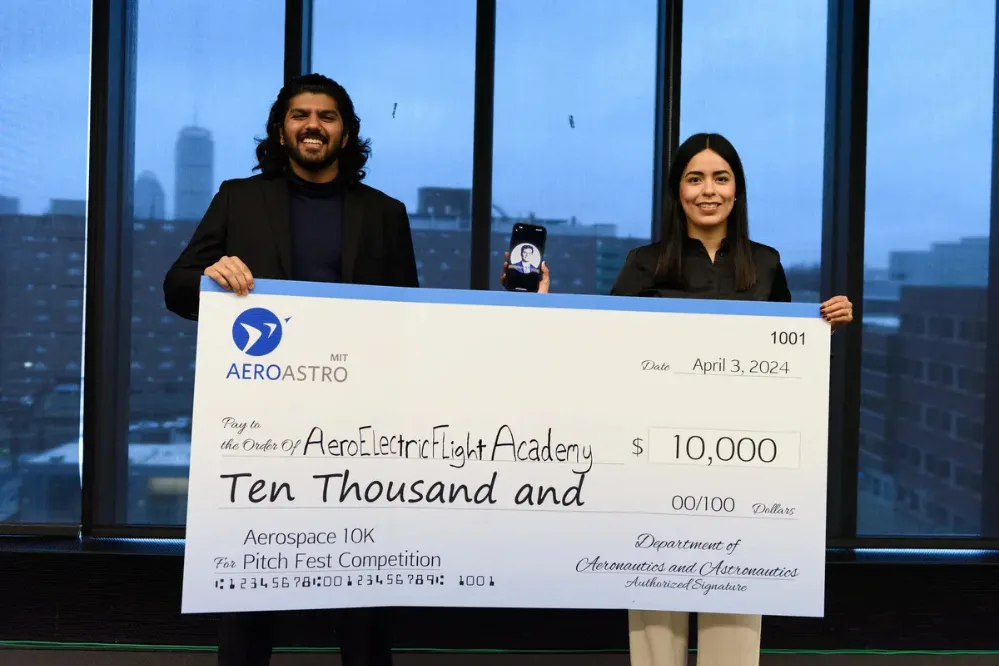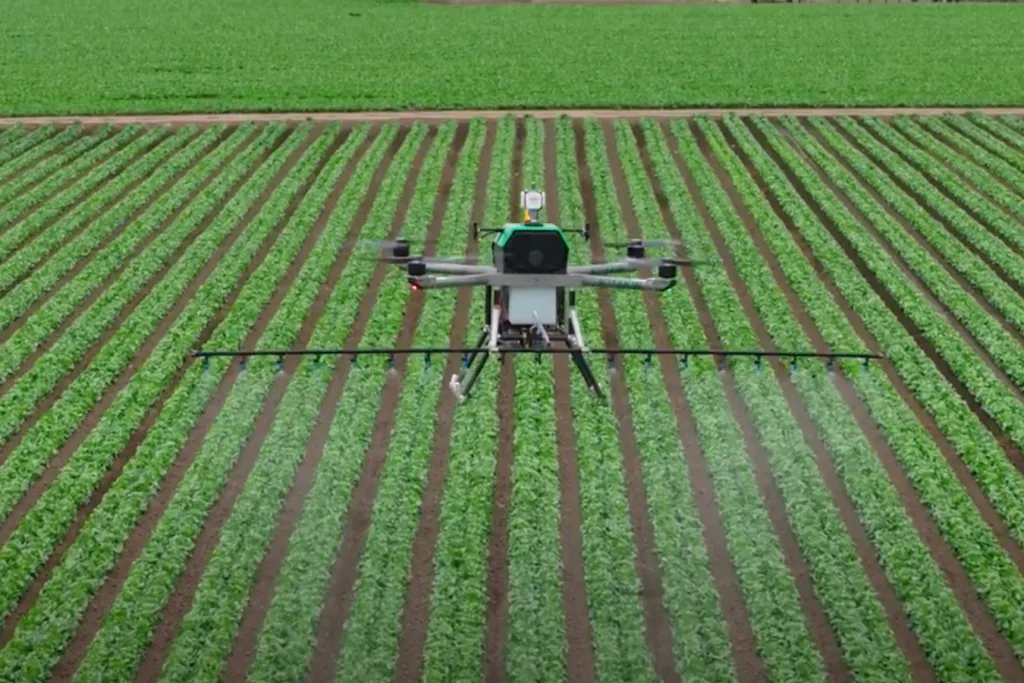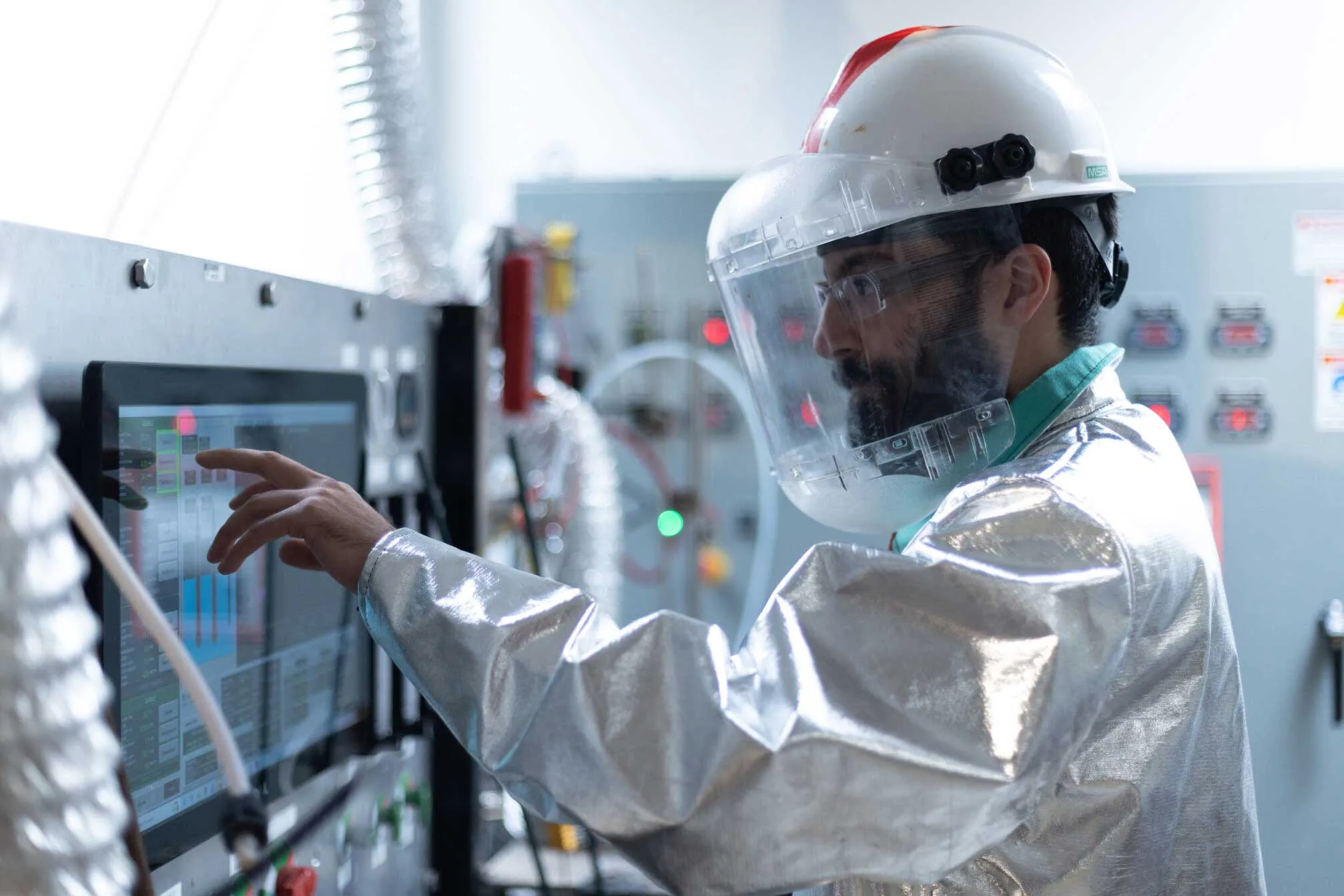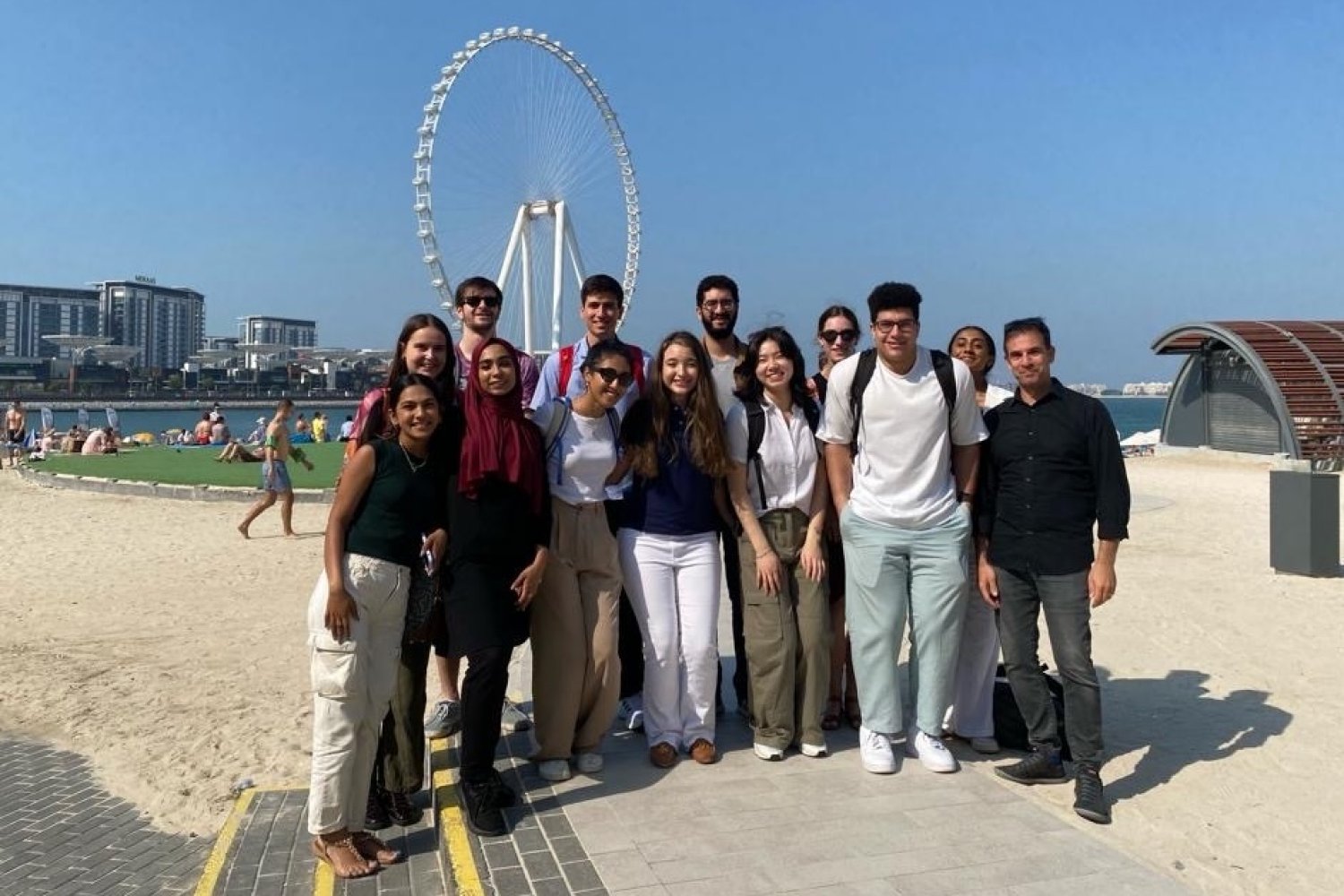At just 22 years old, aerospace engineer Eric Shaw found himself working with some of the most powerful aircraft in the world. However, he faced a personal challenge: he couldn’t afford to learn to fly even the smallest planes. Fresh out of college, Shaw saved $12,000 over two years to obtain his private pilot’s license, realizing there had to be a more cost-effective method for aspiring pilots.
Today, as a graduate student enrolled in the MIT Sloan School of Management’s Leaders for Global Operations (LGO) program, Shaw is on a mission to revolutionize pilot training. He enrolled in the Certificate in Aerospace Innovation program at the MIT Department of Aeronautics and Astronautics (AeroAstro), collaborating with fellow students Gretel Gonzalez and Shaan Jagani. Together, they proposed a groundbreaking initiative: training aspiring pilots on electric and hybrid aircraft, which could reduce flight school costs by up to 34% while also minimizing the industry’s carbon footprint.
The innovative team showcased their concept for the Aeroelectric Flight Academy during the Pitchfest event associated with the certificate program last spring. Armed with a compelling pitch deck and a solid business strategy, they captivated the judges and earned the top prize of $10,000.
What began as a mere curiosity transformed Shaw’s perspective on the aerospace sector.
“Initially, I felt aerospace and entrepreneurship were worlds apart,” reflects Shaw. “This industry is challenging to penetrate due to high capital costs and the dominance of major players. However, completing this certificate and engaging with those who have navigated these challenges has significantly boosted my confidence.”
Disruption through Innovation
Launched in 2021, the Certificate in Aerospace Innovation emerged from a thoughtful strategic planning process aimed at maximizing the research and concepts generated within the department. This initiative is led by AeroAstro professors Olivier L. de Weck SM ʼ99, PhD ʼ01 and Zoltán S. Spakovszky SM ʼ99, PhD ʼ00, in collaboration with the Martin Trust Center for MIT Entrepreneurship. Recognizing the aerospace industry’s pivotal moment, the program acknowledges that advances in drone technology, satellites, and increased non-governmental funding have opened doors for new aerospace innovations.
“The terrain has changed dramatically,” notes Spakovszky, the T. Wilson (1953) Professor in Aeronautics at MIT. “Students are attuned to this evolution, realizing that startups often provide the quickest route to significant impact.”
The certificate program includes essential coursework in aerospace engineering and entrepreneurship, a speaker series featuring prominent MIT alumni and faculty, and hands-on entrepreneurial experiences. Participants have the opportunity to engage in the Trust Center’s StartMIT program, compete in Pitchfest modeled after the MIT $100K Entrepreneurship Competition, and join local summer incubators such as MIT delta v or the Venture Exploration Program managed by the MIT Office of Innovation and the National Science Foundation’s Innovation Corps.
“Upon completing the program, students will possess the skills to evaluate technical proposals, quickly assess their market viability, and discern if an innovation is feasible or overly ambitious,” explains de Weck, the Apollo Program Professor of Astronautics and associate department head of AeroAstro.
In its brief history, 46 individuals from the MIT community have participated in this program, with 13 successfully earning the certificate after completing its rigorous two-year requirements. This fall, the program welcomes its largest cohort to date, consisting of 21 postdocs, graduate students, and undergraduate seniors from seven different courses and programs at MIT.
A Prosperous Industry
For Eddie Obropta SM ʼ13, SM ʼ15, the notion of aerospace entrepreneurship once equated to working with giants like SpaceX or Blue Origin. Yet, he believed in broader possibilities. By competing in the MIT $100K Entrepreneurship Competition four times, he refined his concepts and gained valuable insights from potential customers.
In his final entry, Obropta partnered with MIT doctoral student Nikhil Vadhavkar and Forrest Meyen SM ’13 PhD ’17 to propose a drone-based solution aimed at maximizing crop yields. Their successful venture, Raptor Maps, now specializes in software that automates solar farm operations and maintenance using drones, robots, and artificial intelligence.
With backing from AeroAstro and MIT’s entrepreneurial ecosystem, Obropta was excited to learn about the Certificate in Aerospace Innovation from de Weck and Spakovszky. He now serves on the program’s advisory board, contributes to the speaker series, and mentors participants in Pitchfest.
“Numerous excellent entrepreneurship initiatives exist at the Institute, yet the aerospace sector presents unique challenges,” states Obropta. “Today’s aspiring entrepreneurs are visionaries aiming to create a spacefaring civilization, and they require tailored guidance to navigate intricate multidisciplinary projects and extensive government involvement.”
Entrepreneurial Spirit in All Sectors
While the certificate program aims to cultivate success stories like Raptor Maps, de Weck and Spakovszky are keen to emphasize that the ultimate objective extends beyond individual achievements. Fostering an entrepreneurial mindset—characterized by market awareness, adaptability, and networking—is valuable for anyone, regardless of their field.
Paul Cheek, the executive director of the Trust Center, echoes this sentiment. “Entrepreneurship embodies not just a skill set but a transformative mindset, geared towards generating significant impact,” says Cheek. “Many organizations, including corporations, nonprofits, and government entities, can greatly benefit from adopting this perspective.”
This entrepreneurial outlook resonates deeply with the Aeroelectric Flight Academy team. While they connect with potential investors and seek to scale their business, all three members plan to ultimately pursue their original passions: Jagani aspires to become an astronaut, Shaw aims for an executive role in a leading aerospace firm, and Gonzalez is eager to join the Mexican Space Agency.
Gonzalez, who is on track to receive her certificate in 2025, expresses her gratitude for the connections made through the program. “I was unaware of an aerospace entrepreneurship community until I began this journey,” she reveals. “Now, I see it thrives with dedicated and generous individuals who have imparted insights I could not have gained elsewhere.”
Photo credit & article inspired by: Massachusetts Institute of Technology



